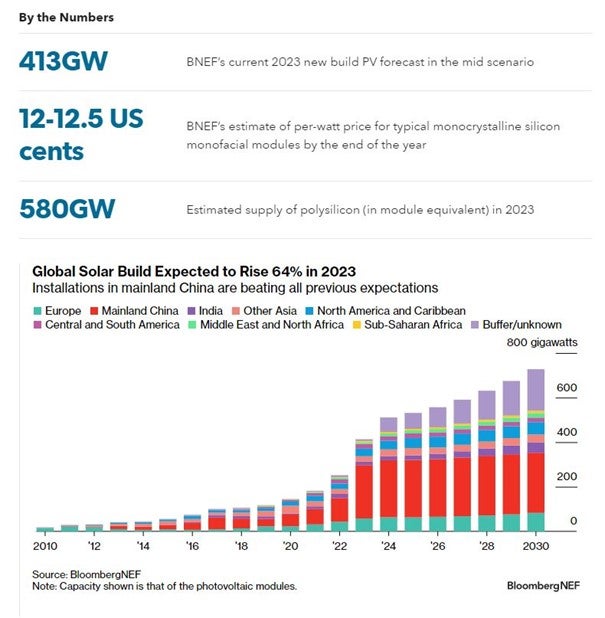In recent years, the surge in solar parks, or photovoltaic power stations, across Central and East Europe has been a beacon of progress in sustainable energy. These large-scale photovoltaic power systems not only contribute to environmental care but also play an important role in supplying merchant power at the utility level. However, with growth comes new challenges, particularly in the realm of insurance. This is where Colonnade can step in to ensure that these innovative projects are adequately protected.
Emil Hristov, the Senior Risk Engineer of our Bulgarian branch gave us an update about the importance of insuring solar parks in the right way and he also explains about the outstanding role of risk engineers related to this product type.
The risks in solar park ventures
Natural catastrophic risks and security risks are inherent in every stage of a solar park project, spanning from the delivery of equipment to the project's expected lifespan of 25-30 years. Colonnade believes in a comprehensive approach to risk management, providing insurance coverage throughout all stages. This ensures clients and projects are shielded, either fully or partially, against accidental adverse events.
During the policy term, Colonnade's team of experts offers recommendations and guidance. Risk engineers play a crucial role in advising on risk reduction or elimination. In the event of an insured occurrence, a prompt response is vital to restoring project construction or power generation quickly, minimizing client losses.
Importance of rapid restoration
Colonnade's team has gathered instructive examples and best practices for the rapid restoration of photovoltaic farm performance, both during construction and production operations. Examples include instances of large financial damages from hail and wind that resulted in complete shutdowns of PV farms. The rapid response approach and effective client-insurer interaction significantly reduce operating time, resources, and revenue loss, instilling confidence in the client.
The role of risk engineers
To avoid and minimize significant losses, risk engineers conduct site visits and risk assessments at all stages. Their advice covers various risks, including construction design, ground and soil-specific risks, natural catastrophic risks, fire, business interruption, and maintenance. Their unique experience combined with profound insurance knowledge positions them as guardians of those investing or relying on renewable energy production.

Key stages and risks
Construction and erection stages: Risks here relate to project idea accuracy, calculations, design, and comprehensive analysis of soil, ground, wind, and snow information. Stability is a key parameter, ensuring reliability in suppliers, supply chains, and installation processes.
Property damage and business interruption: Post-construction risks include natural catastrophic risks, theft, vandalism, risks from aircraft bodies, etc. Operational and maintenance services become crucial for energy capacity, income, and overall project stability.
Operation and maintenance: Selecting the right partner or defining internal processes is vital for business continuity and development in the operational and maintenance phase.

Sources: https://about.bnef.com/blog/global-pv-market-outlook-4q-2023/, Benchmark EHS, Ecolife
